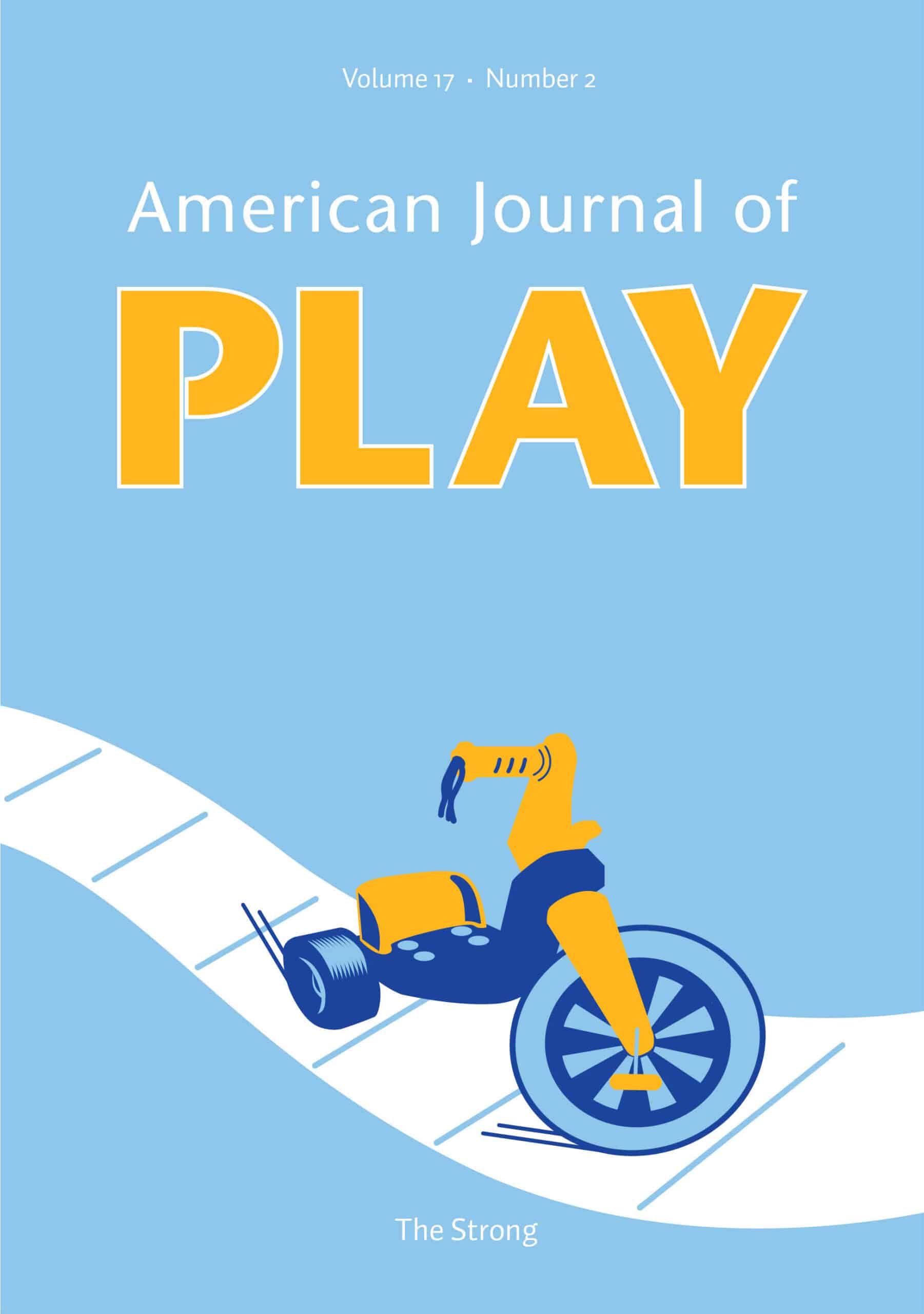A Lifetime of Creating Play Environments: An Interview with Jay Beckwith
As an artist, Jay Beckwith has used his interest in play sculpture to grow communities, and his book Build Your Own Playground! (1973) serves as a manual for community development. His concepts and designs have become an industry standard and can be found on most playgrounds worldwide. An active gardener since childhood, Beckwith—a board member of the School Garden Network of Sonoma County—and his wife Cecily Clover created an ideal small farm in the hills above Gration, California, on which they maintained sheep, chickens, a fruit orchard, and a quarter-acre food garden. Over a decade ago, Beckwith gathered a group of friends to create the Sonoma County GoLocal Cooperative.





